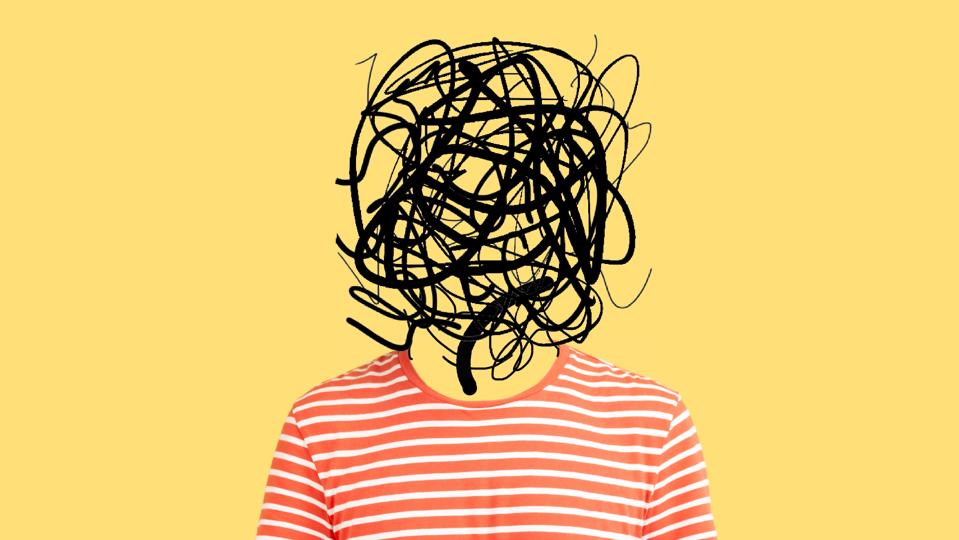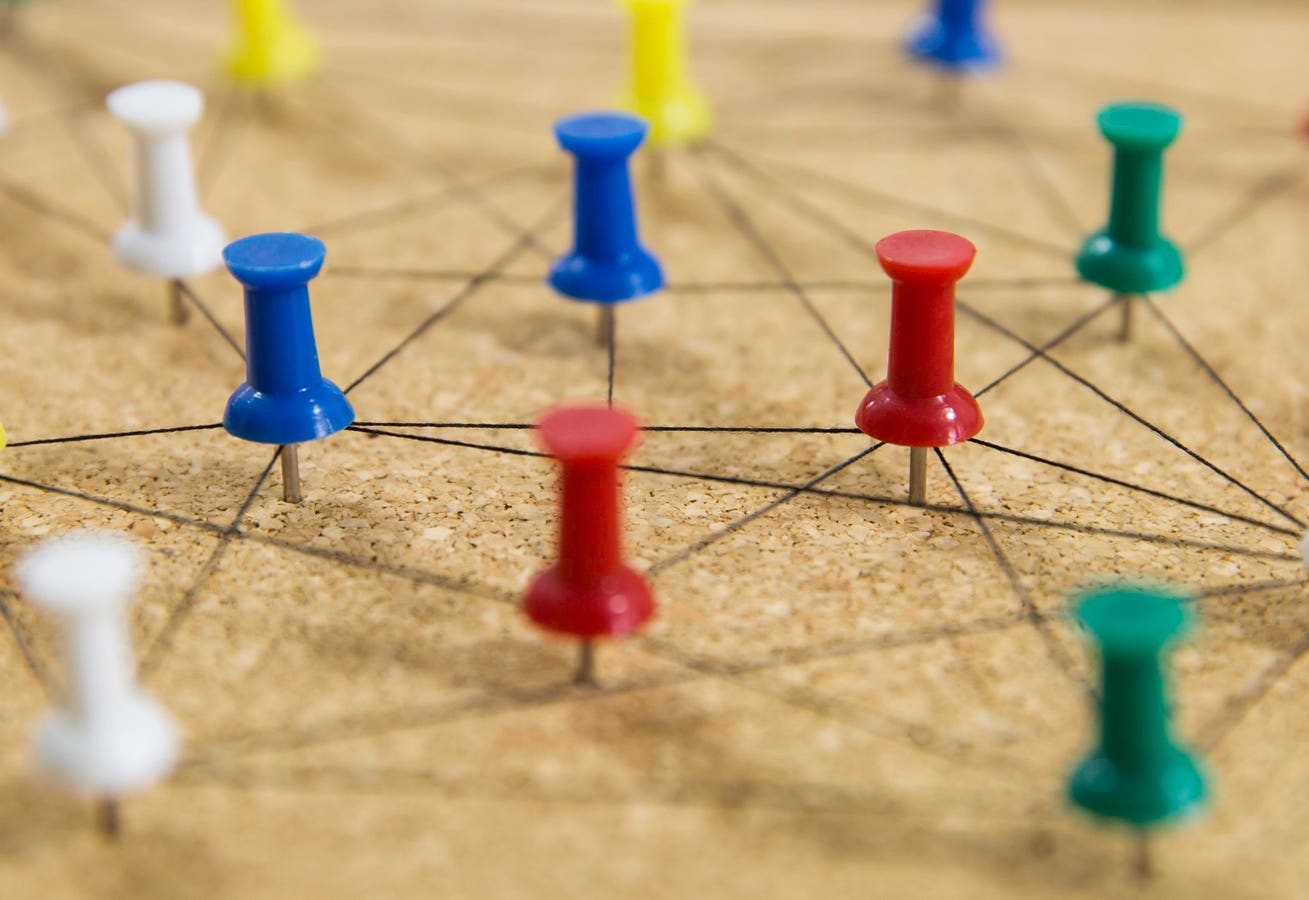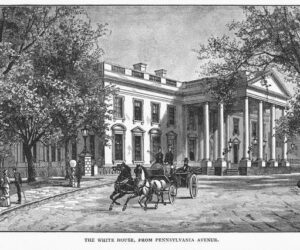Your mind’s comfort zones might be cages in disguise. These two habits hinder your emotional … More
Often in life, you can be stuck in your ways without even realizing it. It’s not about doing something “wrong.” However, the patterns you learned to survive difficult times may end up limiting your growth more than supporting it.
Often, they’re disguised as being practical or assumed to be the “right thing to do.”
While there are many ways to cope or heal, not all of them serve your well-being in the long run. They might have been an urgent way of managing your life while protecting yourself and making sense of the world at a time when emotional survival was hard — and that’s something to honor, but gradually let go of.
It’s important to slow down and reflect, to ask yourself if the ways you’ve been dealing with pain or trying to heal are helping you grow or keeping you stuck.
Even though these habits may now feel almost like second nature, bringing awareness to them can help break the pattern.
Here are two habits that might be keeping you emotionally stuck.
1. Turning Every Bad Feeling Into A Self-Improvement Project
With awareness about healing and mental health on the rise, there has also been a growing obsession with making everything meaningful.
You may have unconsciously absorbed the belief that pain must have a purpose or that every low moment should lead to a lesson, a glow-up or some kind of breakthrough.
However, research suggests this isn’t always the case and that the process of healing can be more complex than simply finding meaning in pain.
A 2022 study published in Cancer Reports explored the impact of an 8-week Mindfulness-Based Cognitive Therapy program tailored for cancer patients. It was conducted across six cancer care centers with 22 participants.
The researchers assessed changes in coping patterns, types of rumination and self-compassion.
These are the two types of rumination studied in the research.
- Reflective rumination refers to intentional self-reflection, such as thinking about why you feel a certain way or analyzing a situation to gain insight. It’s often seen as helpful.
- Brooding rumination involves passively dwelling on negative feelings, usually in a self-critical loop.
Exactly 82% of the participants showed clinically significant improvement in at least one area, including reduced negative coping, brooding rumination and fear of self-compassion.
However, the study also found that not all introspection was helpful. In some cases, reflective rumination (which usually seems productive) was linked to increased depressive thinking and a few participants experienced heightened distress after the intervention.
Researchers found strong correlations between fear of self-compassion and both types of rumination, especially brooding. This suggests that individuals who struggle to receive or show compassion to themselves may also be more likely to ruminate in distressing ways.
So, while reflection can be helpful in most cases, constantly analyzing or assigning meaning to distressing thoughts can sometimes deepen emotional distress. We often feel it more intensely when it’s coming from a place of fear or self-judgment.
Even though self-reflection and different coping efforts are often seen as essential to healing, they don’t always impact everyone in the same way.
Mindfulness and introspection can reduce harmful rumination and fears of self-compassion for many, but for some, excessive or fear-driven reflection may increase distress.
Emotional growth is complex and healing is deeply personal, influenced by individual experiences and intentions. This means coping strategies need to be flexible and tailored to the individual’s needs, precisely because what works for one person may keep the other person stuck in life.
So, instead of rushing to assign meaning or force a breakthrough, give yourself permission to simply be and understand what will help you. Sometimes, the most powerful healing comes from noticing what truly serves your growth in different seasons of life.
2. Romanticizing The Past When The Present Feels Hard
When the present feels difficult, many people turn to the past, looking for some comfort.
Nostalgia has the power to provide a temporary escape, and it can easily, and unconsciously, become a stubborn habit.
You may often find yourself idealizing the past, reminiscing about how joyful those times were. What you might be forgetting is these periods also had their struggles. Nostalgia is a bittersweet experience, one that can evoke varied emotions. However, whether it is going to help you cope or make you feel worse depends on many individual factors.
A 2018 study published in Personality and Individual Differences highlights exactly that. The researchers were especially interested in seeing how rumination and coping styles influenced the emotional impact of nostalgia. This was done by conducting two studies.
The first study was a survey of 213 participants that assessed their levels of nostalgia, rumination, depression and coping styles. In the second study, 664 participants were asked to self-select a piece of music that made them feel nostalgic. The goal was to compare the perceived emotional benefit of nostalgia with actual emotional outcomes.
The findings reveal several key insights.
- Nostalgia can be both helpful and harmful, depending on the person. For many people, nostalgia improves mood. But for those who tend to ruminate or have depressive tendencies, it can actually worsen their emotional state.
- Rumination plays a big role. People who are prone to rumination, especially repetitive, negative thinking, were more likely to feel worse after nostalgic experiences. For them, remembering the past doesn’t offer comfort. Instead, it can deepen feelings of sadness or regret.
- Some “coping” strategies may be misleading. What might feel like emotional expression or comfort-seeking (like reminiscing or venting) can sometimes be avoidant or maladaptive. For example, those high in denial or behavioral disengagement might use nostalgia as a way to escape rather than deal with the present.
- Nostalgia doesn’t affect everyone equally. Some people reported that nostalgia made them feel better, but indirect mood tests showed that their actual emotional state worsened. This suggests they may not even realize that nostalgic reflection is bringing them down.
- The gap between the past and the present can increase pain. If someone idealizes the past too much, the difference between “how things were” and “how things are now” can become a source of distress, especially for people with unhealthy thinking patterns.
This brings attention to the fact that while nostalgia may seem to provide solace, its impact is different for everyone. It’s not just about what you remember, but how and why you’re remembering it.
When nostalgia comes from a place of avoiding the present, it can block emotional processing and delay growth.
This is why, instead of asking whether the past was better, you should try shifting the focus to the present and understand why it feels so hard to sit with.
What you must remember is that healing is not about finding your way back to how things were. The process of emotional growth and healing happens in the now — by gently facing what is with honesty and compassion.
Emotional growth does not always look loud or dramatic. It is the quiet shift that comes from seeing yourself with more honesty. Pausing and reflecting on your patterns with compassion instead of judgment will help you create space for real change.
Is nostalgia clouding your present-day judgement? Take this science-backed test to find out: Nostalgia Scale









